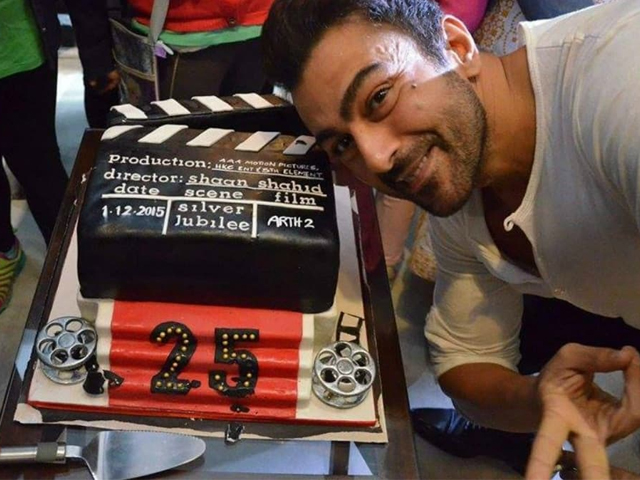
Can you see black and blue?
What did capture my attention for a long time and will continue to do so is what #TheDress was later represented by.
“Must be your fault.”
“You must have done something to provoke him.”
“You must have not done enough.”
“Maybe you could try harder at home, give him more attention?”
“Look, this is stuff happens, I knew someone who…”
“But what else are you going to do? Except put on a brave face?”
The above statements are all examples, and very basic ones, of how we speak to victims of domestic violence. And this is not just Pakistan or India or sub-continental patriarchal cultural biases that propagate such statements/mind-sets.
Domestic violence and crimes against women are a global problem.
According to a report on women, the United Nations stated that 35% of women around the globe have experienced either physical and/or sexual intimate partner violence or non-partner sexual violence. A chilling addition to this report is how only 14% of women actually report intimate partner violence to police.
You know what that means?
That means that all the apologia and the stigma that surrounds in speaking up about domestic violence or violence against women stems from these aforementioned statements; the statements and the minds-et that helps us turn a blind eye from the glaring monstrosity that is abusing women and family members.
As we sip our morning coffees and peruse through our regular social media newsfeeds, we see and read many a story about domestic violence, we laugh at our favourite cat videos, we comment on our friends’ and family’s statuses and share quotes and check into our recent haunts – but every few days or so, something comes along on social media that stays with us and helps us keep in perspective what the world needs to focus on, because as human beings, we tend to forget pain and hold on to the good. As human beings, we are essentially hedonistic, striving for pleasure and fulfilment and that is how we tend to avoid disturbing images and hold on to videos and pictures of babies, kitties and flowers.
Perhaps this is what happened the day #TheDress became the talking point of social media a few days ago – a mindless, random picture that sparked a debate across all spheres of life and involved everyone in a discussion that to people like myself, made absolutely no sense at all. I laughed it off and read the random link here and there about it, but considered it completely non-noteworthy.

What did capture my attention for a long time and will continue to do so is what #TheDress was later represented by, courtesy the Salvation Army.
 Photo: Salvation Army
Photo: Salvation Army“Why is it so hard to see black and blue?” it asked.
The absolutely brilliant spin on #TheDress caught my attention more than #TheDress itself because how easy is it to forget or ignore victims of domestic violence anyway? How easy is it to garb our sensibilities with pretty flowers and bows and how easy is it to tell a girl to ‘adjust’ to a man’s violent temper because she’s got to live up to society’s double standards set for women?
It happens around us more than we think it does. There are many women around us who suffer silently not because they do not want to speak out, but because they know no one will hear them. Beating women into submission or using physical harm as a mode of coercion is a common tactic practised in many households across the country, across the globe. The justifications and the explanations and even the remedies that come with this dilemma are exactly what the Salvation Army ad depicts. It is hard to recognise and give justice to women who are victims of abuse because society automatically puts the responsibility of abuse onto the woman. If she dare speak up or resist, she is forced to ‘sacrifice’ for the family or for the sake of her children.
 Photo: Salvation Army
Photo: Salvation ArmyBut I ask you, I ask the people who have helped their friends and family put up with abusive partners/family members – what sacrifice is there in tolerating someone who has beaten you black and blue?
What sacrifice or what favour are you doing to your family by staying with someone who uses force on you to make a point?
How does it help your children when they see their mother’s black eye or their father’s raging fists flying everywhere or an environment that is, in every way, unsafe for the offspring.
A home is supposed to be where you feel held and secure - not a place where you feel most vulnerable. Such a place is not home. Such a relationship is not a relationship. It is a prison and it is a hell you must break free from.
The Salvation Army picks up the right idea – why are you blind to the harm that needs no rods and cones mystery to it? How simple is it – physical harm is wrong and yet we justify and ask our daughters and our mothers to put up with this harm every day. We turn a blind eye. We turn the other way. We scroll on to the next social media craze.
And just like that, we refuse to see black and blue where it really matters.




COMMENTS (10)
Comments are moderated and generally will be posted if they are on-topic and not abusive.
For more information, please see our Comments FAQ